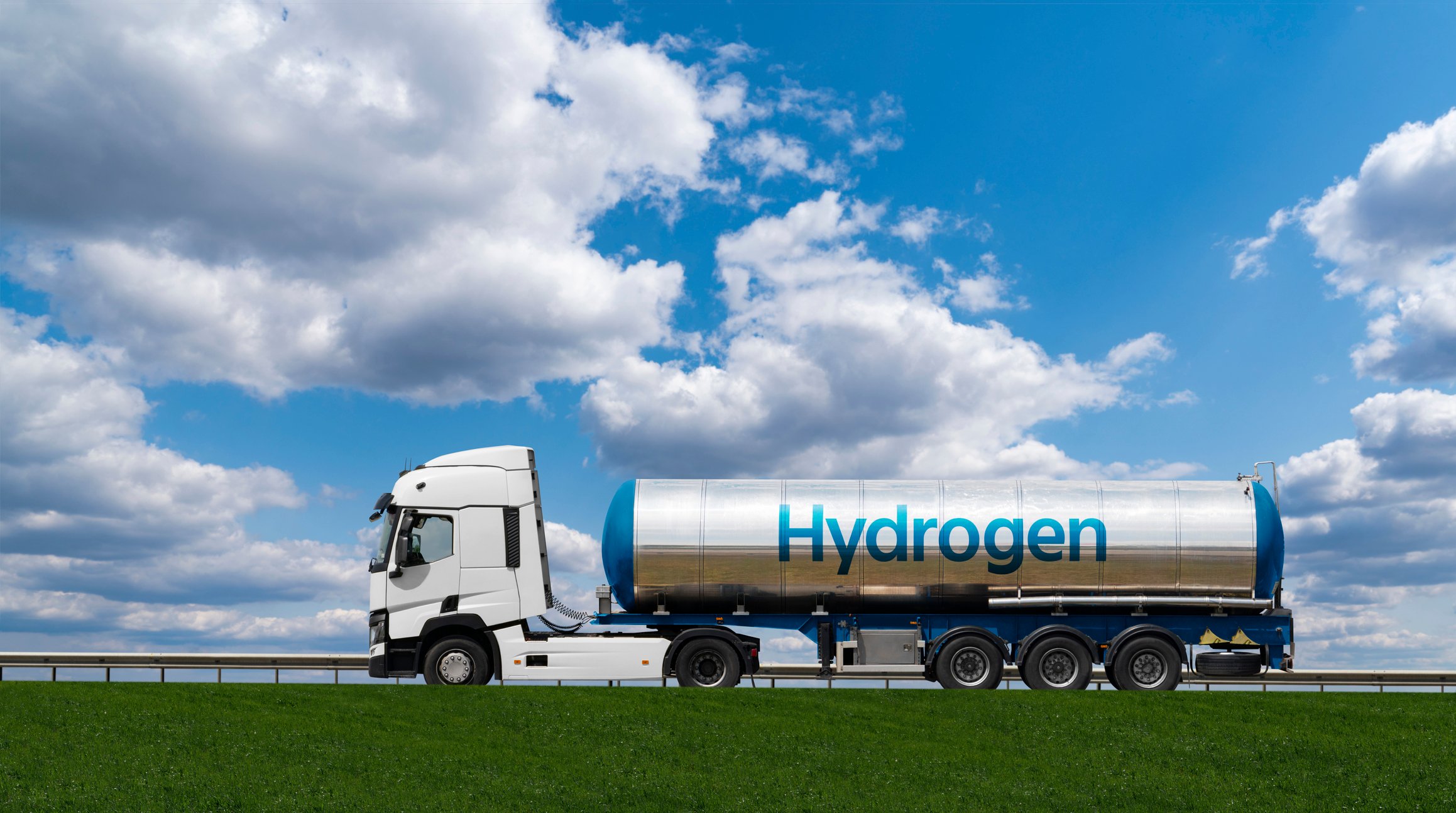FuelCell Energy (NASDAQ: FCEL), a leader in fuel-cell solutions for stationary power applications, suffered a devastating blow recently, when it learned that an evaluation team is no longer considering the Beacon Falls Energy Park for its clean-energy request for proposals (RFP). Although this development doesn't extinguish all hope for future success, the company's horizon is certainly more cloudy than it had been before.

Image source: Getty Images.
What's the deal?
Proposed to be built at a former sand and gravel mine in Beacon Falls, Conn., the Beacon Falls Energy Park was a 63 MW fuel-cell facility that would have been one of the largest of its kind in the world.

The proposed Beacon Falls Energy Park. Image source: FuelCell Energy corporate website.
Under the proposed project, FuelCell Energy would manufacture and sell fuel-cell power plants to O&G Industries and then operate and maintain them under a long-term service agreement.
Earlier this year, Beacon Falls Energy Park, LLC, submitted a bid for a long-term power purchase agreement to The New England Clean Energy RFP. Representatives from the three states that comprise the consortium -- Massachusetts, Rhode Island, and Connecticut -- chose to not advance the fuel-cell project to the contract-negotiation phase. Instead, they opted for bidders of both solar and wind projects.
In stating that it was no longer being considered for the RFP, FuelCell Energy's management also reported in its 8-K that it has consulted with the project developer and the land owner regarding alternative paths for continuing to develop and construct the project. However, management seems to be attempting to cushion what has been an otherwise devastating blow; it seems highly unlikely, at this point, that the project will come to fruition. Later in the filing, management also noted that it hasn't received any notification from the state of Connecticut regarding the status of its four other bids, totaling more than 50 MW.
A tale of financial woe
Unlike the solar and wind industries, which are finding continuous adoption in the marketplace, the fuel-cell industry limps along, struggling to advance upon the inroads it's made. Of the companies whose hopes are hitched to hydrogen, there have been some minor successes. Plug Power (PLUG +4.65%) for example, which provides fuel-cell solutions to the material handling equipment market, has grown revenue more than 280% over the past three years.
FuelCell Energy, however, hasn't been as fortunate. The company reported $163 million in revenue for fiscal 2015 -- a 13.3% drop from the $188 million it reported for fiscal 2013. And management isn't optimistic that top-line growth is in the company's future. Earlier in the year, it issued a revenue forecast of $140 million to $170 million for fiscal 2016.
If the Beacon Falls Energy Park had won the award for the New England Clean Energy RFP, FuelCell Energy -- along with its investors -- could have breathed a collective sight of relief, albeit a slight one. According to management, over its life, the project could have been worth up to $500 million between equipment and service.
Where to go from here?
For the past year, management had repeatedly opined how it was the best choice for the RFP. Demonstrating its confidence that it would win the award, Arthur Bottone, FuelCell Energy's president and CEO, acknowledged on the company's third-quarter conference call that the $34 million the company raised through a recent stock offering was meant, in part, to better position the company to execute the project.
And raising capital through equity financing to prepare for winning the contract wasn't the company's only strategy; it is also began a two-phase plant expansion at its Torrington, Conn., manufacturing facility. Management estimates that the total cost of both phases of the expansion could be up to $65 million over the next five years.
During the Q3 earnings presentation, management reported that it was waiting on decisions for more than 125 MW of submitted fuel-cell projects. With the Beacon Falls Energy Park out of the picture, the company's potential wins have been greatly reduced. Besides the remaining bids in Connecticut, the company is also waiting to hear about its bids on 40 MW worth of projects throughout Long Island.
Although suffering dilution is undesirable, it won't leave the company in financial distress. Taking on more debt -- about $30 million, presumably -- to finance its plant expansion is another story. Should the company prove unsuccessful at winning future awards, it may find itself with a lovely new production facility without needing to produce any fuel-cell units.
The takeaway
Perhaps this development isn't the final nail in FuelCell Energy's coffin, but it's certainly an inauspicious sign -- a likely harbinger of more troubling news to come. In fact, it shouldn't come as that much of a surprise. After all, the company ended the third quarter with only $392 million in contract backlog -- a decrease from the $411 million it reported at the end of the second quarter, bringing the company's four-quarter streak of increasing backlog to an end.
FuelCell Energy has consistently failed to prove that its offerings represent a better value proposition than solar, wind, or traditional power solutions. Snagging an award or two may provide glimmers of hope, but it will take much more than that to prove that the company's future success is anything more than dubious at best.







